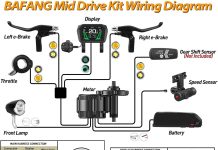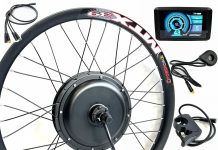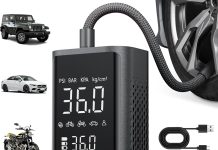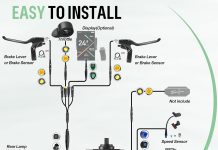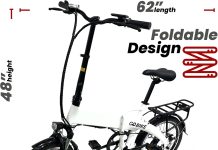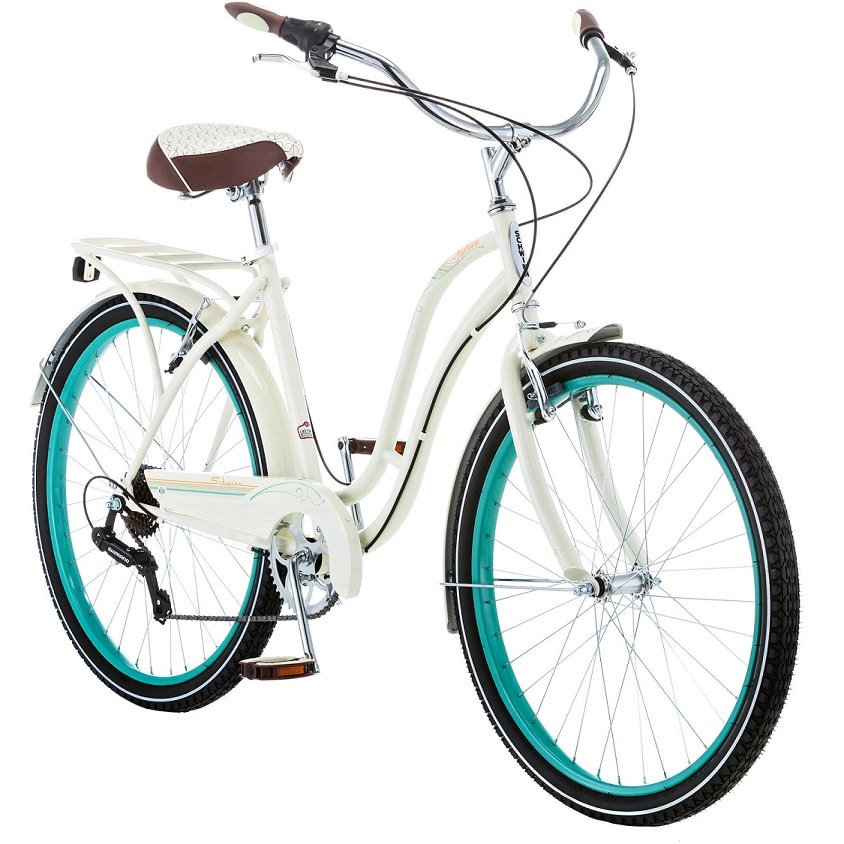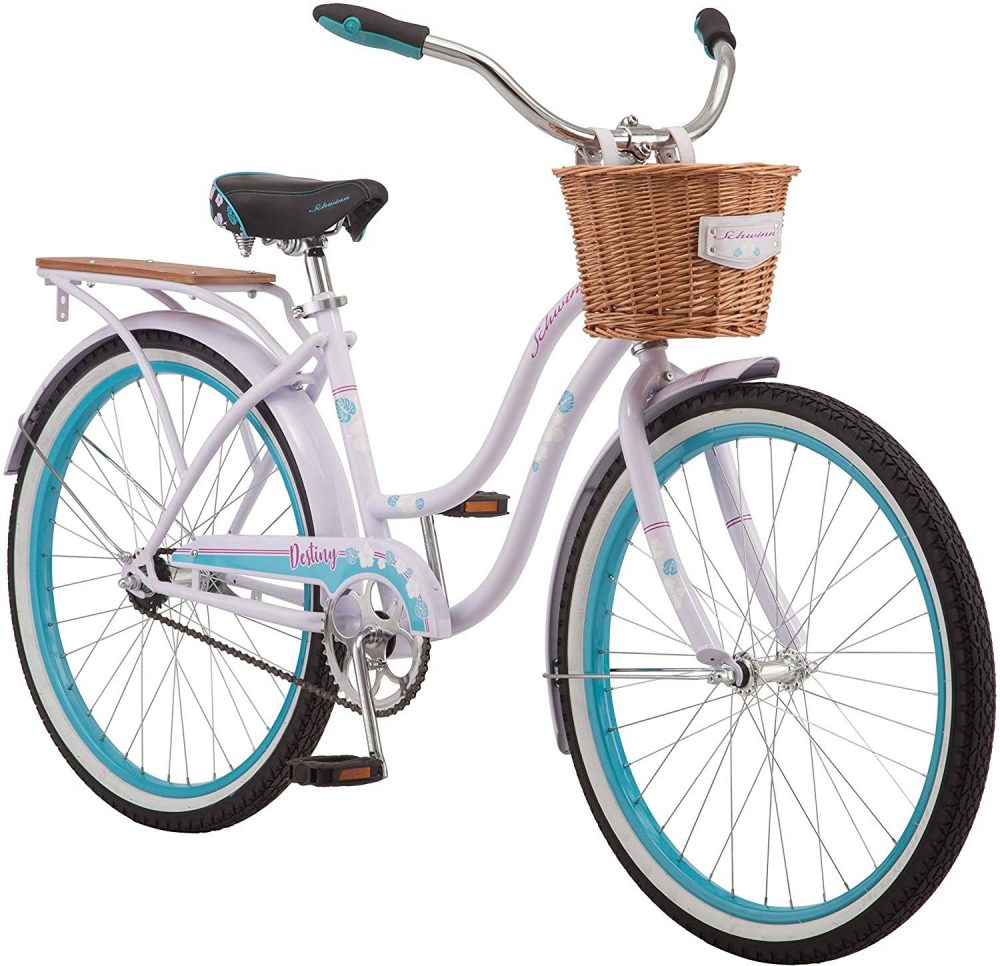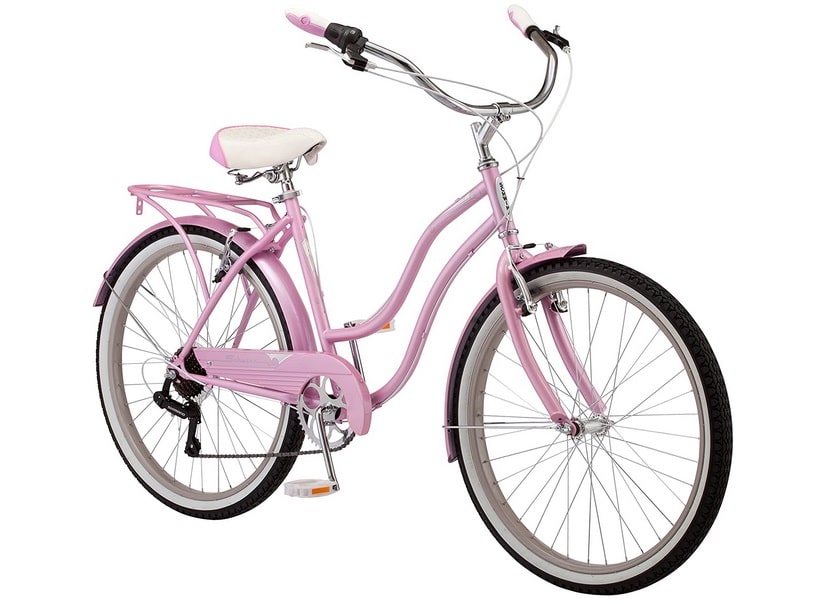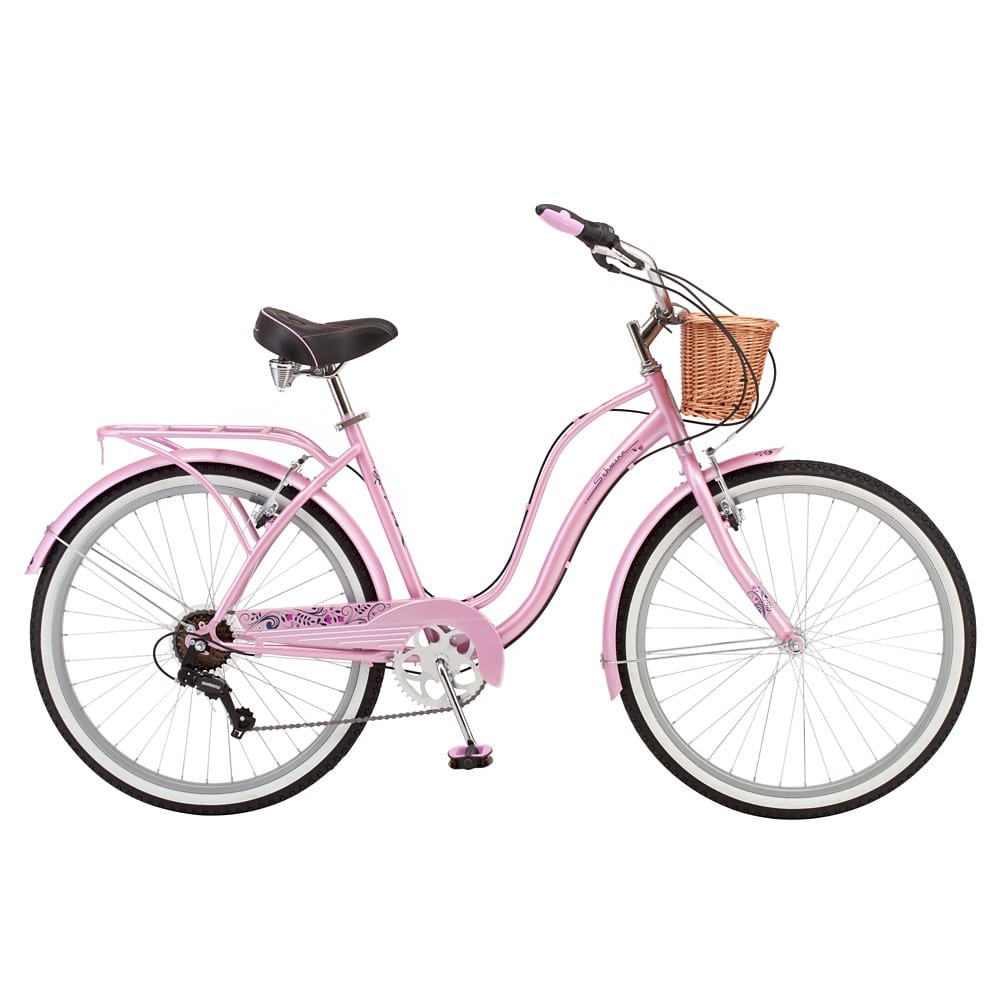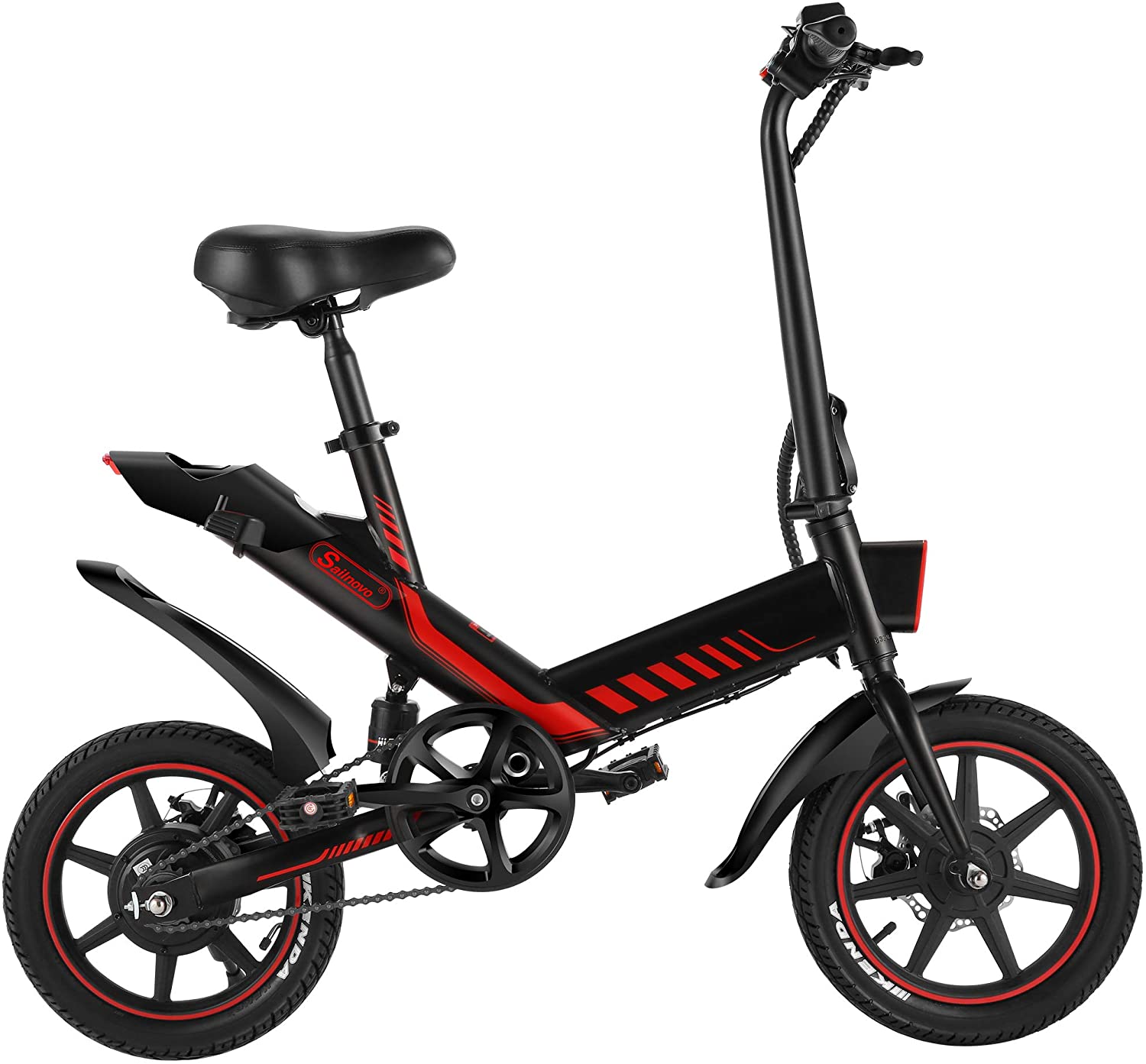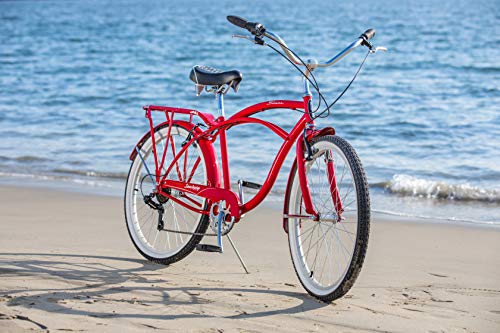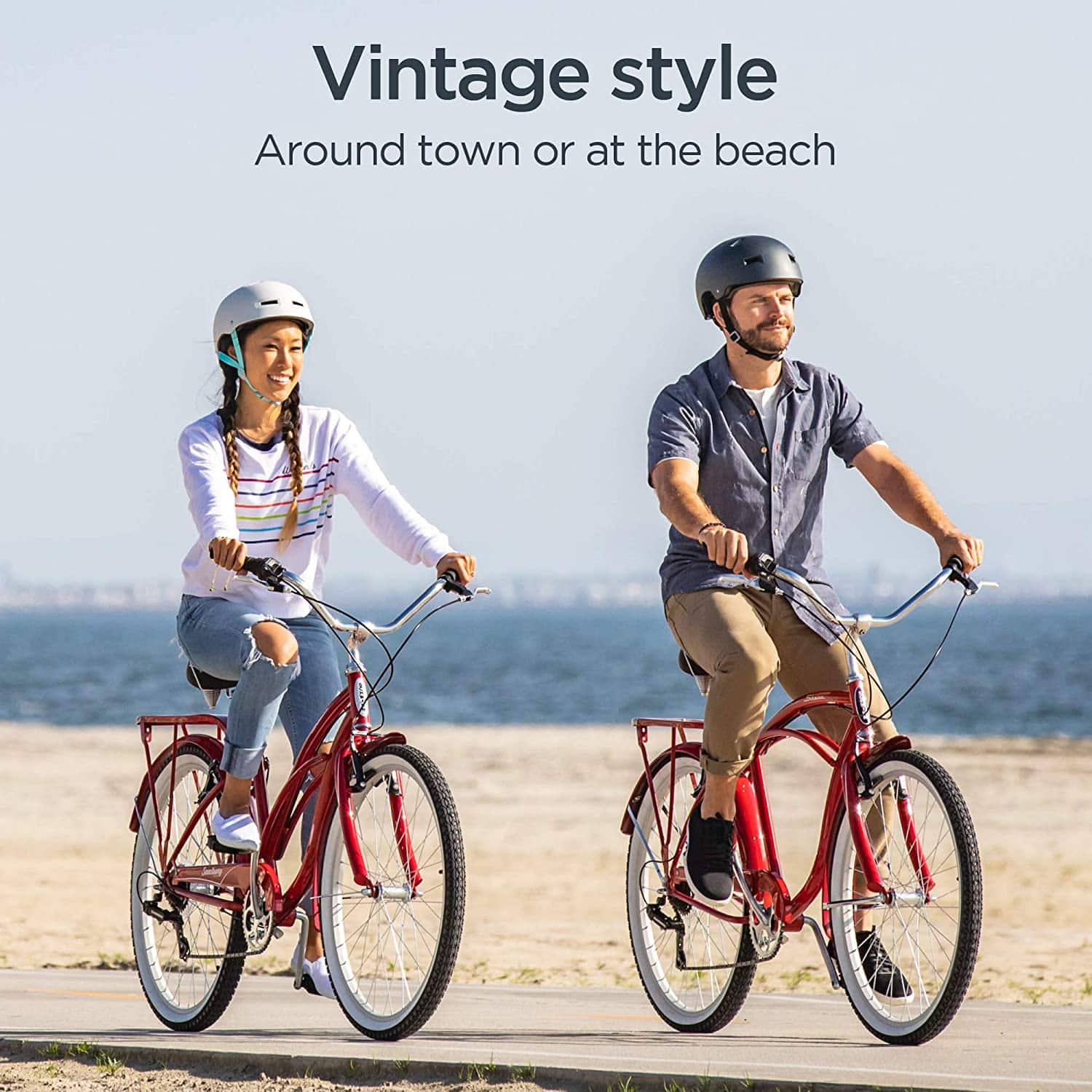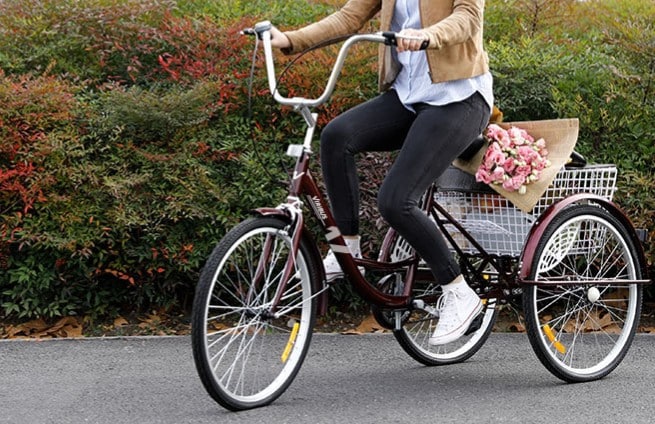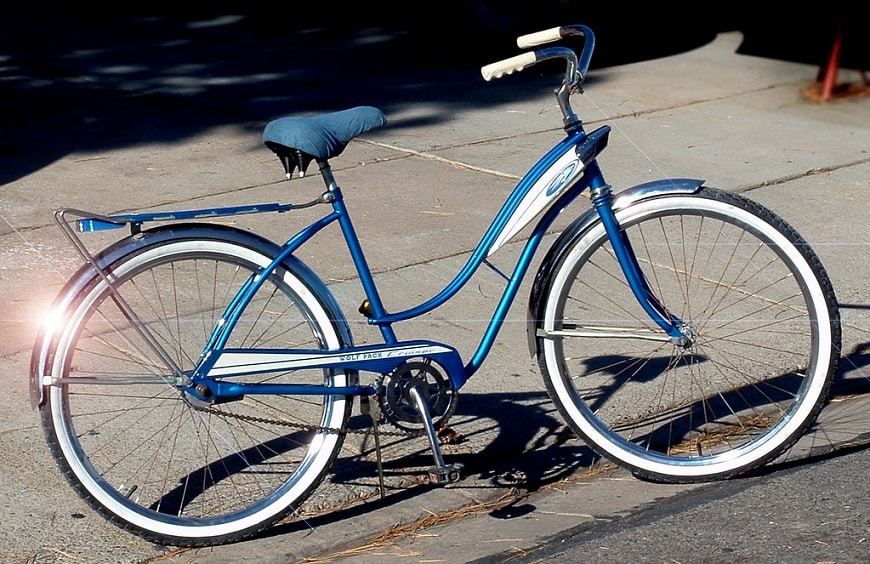?Are you considering upgrading your bike with the BAFANG 48V 500W Front Hub Motor : 26″ Electric Bike Conversion Kit for 26 Inch Front Wheel with DZ40 Display & PAS (NO Battery)?
Summary and first impressions
I got my hands on the BAFANG 48V 500W front hub motor conversion kit to see how well it turns a regular bike into a reliable e-bike. From the moment I inspected the packaging and parts, I felt the kit was aimed at riders who want a straightforward upgrade without committing to a fully integrated e-bike. The kit balances power, compatibility, and a relatively simple installation, which is why I wanted to write a detailed review.
Who this kit is best for
I think this conversion kit is ideal for commuters, weekend riders, and those who already have a 26″ wheel bike and want faster, assisted rides without replacing the whole bike. It also suits people who like to tinker a bit and install components themselves, since the kit provides most of what you need but doesn’t include a battery by default.
What I didn’t like at first glance
I noticed early on that the kit doesn’t include a battery (as the product name states NO Battery), and the documentation has room for clearer wiring diagrams in some places. Those points are not dealbreakers for me, but they are worth noting for buyers who expect a plug-and-play boxed solution.
Key specifications at a glance
Below I’ve summarized the important technical specs and compatibility constraints so you can quickly check if the kit will fit your bike.
| Specification | Detail |
|---|---|
| Motor Type | BAFANG 48V 500W front hub motor |
| Torque | 65 N·m (maximum) |
| Rated Voltage | 48 V |
| Maximum Speed | ~38–40 km/h (dependent on wheel size and load) |
| RPM | 470 RPM |
| Wheel Size Options | 26″ and 700C available (this listing: 26″) |
| Front Dropout (OLD) | 100 mm |
| Front Fork Aperture | 10 mm |
| Drivetrain Compatibility | Bikes with 9 speeds or less |
| Brake Compatibility | Disc brake and V-brake compatible |
| Included Controls | DZ40 display, PAS, thumb throttle |
| Included Accessories | Rim & spokes, controller, brake levers, 1T4 cable, headlight, stickers, manual (battery optional) |
| Battery | NOT included (unless purchased together) |
| Country Tech Support | USA-based technicians available |
What’s in the box — unpacking and parts list
When I opened the kit, everything was laid out and mostly pre-assembled to make installation quicker. The box includes most of the parts you’ll need, but note again: the battery is optional.
I found the packaging list accurate and helpful; here’s a short breakdown of what you receive:
- Front hub motor mounted in the rim with spokes
- Controller (in its outer box)
- DZ40 display (optional listing, but typically included in the kit variant I received)
- Brake levers
- 1T4 cable harness
- Thumb throttle
- PAS (pedal assist sensor)
- Headlight
- Stickers and user manual
- Battery and charger only if ordered together
Condition and build quality of included parts
I inspected the rim, spokes, and hub shell; everything felt solid and well-made. The connectors on the controller and the wiring harness were sturdy, and the DZ40 display had a clear screen and felt durable. The brake levers included a cutoff switch which is essential for safe operation.
Compatibility and fitment: Will it work on my bike?
Compatibility is one of the most important considerations when converting a bike, and I took time to measure and compare.
Frame, fork and wheel considerations
The front hub motor uses a 100 mm OLD (over locknut dimension) and requires a 10 mm fork aperture. I measured my fork and confirmed it fit these dimensions. If your bike has thru-axles or non-standard spacing, you may need an adapter or to choose a different kit.
Drivetrain and braking setup
This motor is compatible with bikes that have 9 speeds or fewer on the front/rear drivetrains, and it works with both disc brakes and V-brakes. I ran into no interference with my rim brake caliper after installation, but alignment checks are essential to avoid rubbing.
Installation — how I fitted the kit and tips I discovered
I installed the kit on a 26″ front wheel bike and I’ll run through the steps I took, plus tips that made the job smoother.
Tools and preparation
I prepped my workspace with basic tools: adjustable wrenches, hex key set, torque wrench, cable cutters, and electrical tape. I also placed the bike on a repair stand to make the front-wheel swap and wiring easier. I recommend having a multimeter handy to check connections if something doesn’t power on.
Step-by-step overview
- Removed the original front wheel and brakes as needed.
- Positioned the motor wheel into the fork dropouts (100 mm spacing) and tightened axle nuts evenly.
- Mounted the brake caliper or aligned the V-brake pads; adjusted rotor alignment for disc brake setups.
- Routed the cable harness along the frame and connected the controller to the motor and display using the provided plugs.
- Installed PAS sensor on the mid-shell chainring area (or on the crank depending on kit variant) and connected it to the controller.
- Mounted the throttle and display on the handlebars and secured loose cables with zip ties.
- If I had a battery, I would connect it last after a final check of all wiring.
Common hiccups and how I solved them
I found that cable routing can sometimes be tight, especially around compact frames. I fed the main harness under cable guides and used zip ties to secure everything out of the way. For riders with shorter brake noodle reach on V-brakes, adjusting noodle orientation helped avoid interference with the new hub axle.
Performance on the road
After installation I wanted to see how the motor felt under load, during acceleration, and at top speed. I tested on mixed terrain: city streets, slight hills, and a suburban bike path.
Acceleration and torque
The maximum torque rating of 65 N·m makes the motor feel punchy off the line. I noticed strong initial acceleration when using the throttle, and the PAS provided smooth assist while pedaling. On moderate inclines I could maintain a steady speed without constantly mashing the pedals.
Top speed and RPM behavior
The kit lists a maximum speed of about 38–40 km/h and a 470 RPM rating. In my experience, under ideal conditions on flat ground and with a rider weight around 75–85 kg, I saw speeds in the high 30s with assistance. Actual maximum speed will vary with battery voltage, rider weight, wind, and mode settings.
Noise level and ride feel
The motor operated quietly; I heard a subtle whir when it was under high load, but it was nowhere near intrusive. The front-hub placement does change steering feel slightly, adding a bit of inertia to the front wheel, but I quickly adjusted and it didn’t affect control noticeably.
Battery considerations and range estimates
Because the listed product reads NO Battery, battery choice is on you. I ran several scenarios to give practical range estimates.
Battery selection advice
I recommend a 48V battery to match the motor’s voltage. Typical choices are 48V 10Ah, 48V 13Ah, or 48V 15Ah packs. Make sure the battery has an appropriate connector for the controller or use an adapter if needed.
Range estimation examples
Range depends heavily on assist level, terrain, and rider weight. As a rough guide:
- 48V 10Ah (480 Wh): At an average consumption of 15 Wh/km, expect ~32 km. At a very economical 10 Wh/km, you might push toward ~48 km.
- 48V 13Ah (624 Wh): At 15 Wh/km, expect ~41 km.
- 48V 15Ah (720 Wh): At 15 Wh/km, expect ~48 km.
I should emphasize that a 500W motor may use significantly more power under sustained high loads (strong hills or high assist levels), which reduces range. If you plan on frequent hill climbing or long commutes, a higher capacity pack or carrying a spare is wise.
Controller, DZ40 display, throttle, and PAS — user interface
The electronics determine how natural the motor feels during normal riding. I tested the DZ40 display and control inputs for responsiveness and clarity.
DZ40 display impressions
The DZ40 display provides speed, assist level, and basic diagnostics. The screen was readable in daylight and the buttons were easy to press with gloves on. Navigation through power levels is straightforward, which I appreciated on the move.
PAS (Pedal Assist System)
The PAS worked smoothly and provided consistent assist proportionality when properly calibrated. I had to adjust the number of magnets on the PAS sensor to fine-tune sensitivity — there’s usually a recommended magnet count in the manual.
Throttle response
The thumb throttle offered instant power when tapped. I liked having both throttle and PAS available because it gives flexibility: pedal assist for longer rides and a pinch of throttle when you want immediate help.
Braking and safety
Safety is paramount when converting to an e-bike because higher speeds and torque increase demands on braking.
Brake levers and cutoff switches
The kit’s included brake levers have motor cutoff switches, which is essential. The system immediately cuts motor power when the brakes are applied, which I tested repeatedly and found reliable.
Stopping distances and modulation
I noticed that with the added speed, stopping distances increased compared to my non-motorized setup. I recommend upgrading brake pads to high-quality compound and checking rotor condition frequently if you have disc brakes.
Maintenance and durability
I considered long-term ownership: what maintenance does the motor require, and how durable does it appear?
Motor durability and weatherproofing
The hub appears well-sealed and the casing solid. While no electrical system is invincible, I felt comfortable riding in light rain. I would avoid high-pressure water cleaning and prolonged immersion. Regularly check connectors and apply dielectric grease if you expect wet conditions.
Routine checks I perform
I check axle nuts for tightness, ensure spokes remain true, inspect connector seals, and verify the PAS magnets remain aligned. Also, I periodically check the controller mounting and cable strain reliefs to avoid abrasion.
Customer support and technical assistance
One of the kit’s advantages is promised local USA-based technical support. I made use of a support contact to clarify a wiring question.
My experience with support
I received a timely and helpful reply from the technical team. They provided wiring clarification and a wiring diagram pointer that resolved my issue quickly. Having support in the same region is a real plus in case you need warranty or installation help.
Pros and cons — my bullet list
I found a number of strengths and a few weaknesses worth weighing.
Pros:
- Strong torque (65 N·m) gives confident acceleration.
- Compatible with both disc and V-brakes.
- Relatively straightforward installation for someone with basic tools.
- DZ40 display and PAS provide flexible assist modes.
- Good value for a 48V 500W front hub conversion.
- USA-based tech support available.
Cons:
- No battery included unless purchased separately.
- Slight change in steering feel due to front-hub weight.
- Installation instructions could be clearer for novice users in some wiring areas.
- Range depends strongly on battery choice (buyer must select the battery).
Real-world use cases — how I used it and recommendations
I used the kit for commuting, errands, and a couple of longer weekend rides.
Commuting
For daily commuting on mixed roads (flat-to-rolling terrain), the kit made my trips faster and less strenuous. I relied on PAS levels 2–3 most of the time and used the throttle to smoothly pass through intersections.
Short tours and errands
I appreciated the motor’s torque for stop-and-go city riding and carrying groceries in a front rack. The front-hub setup handled the weight fine, though I balanced cargo to avoid front-heavy handling.
Light off-road and gravel
I took a short gravel lane ride and the motor performed admirably at moderate speeds. For heavy off-road use or aggressive trails, a rear-hub or mid-drive system might be better for traction and hill performance.
Troubleshooting common issues and fixes
I encountered a couple of minor issues during my testing and how I addressed them.
Motor not powering on
If the motor doesn’t power, check:
- Battery voltage and main connectors
- Controller fuse (if present)
- All cable plugs are fully seated and oriented correctly
A multimeter is useful to confirm battery voltage and controller input.
PAS not registering
If PAS is intermittent:
- Verify magnet count and spacing
- Ensure the sensor is aligned with the magnets and secure
- Check the harness connection to the controller
Strange noise from hub
If you hear unusual grinding:
- Check wheel trueness and spoke tension
- Confirm no foreign objects are contacting rotor or hub shell
- If persistent, consult support for internal inspection
Pricing and value for money
I compared similarly spec’d kits and found BAFANG’s brand recognition and torque-to-price ratio make this kit competitively priced. Because the battery is sold separately, total cost varies depending on the capacity and quality you select.
Advice for value-conscious buyers
- Buy a reputable 48V battery pack with a BMS from a known manufacturer.
- Factor in potential upgrades like better brakes, a sturdy front rack, or fenders.
- If you aren’t comfortable wiring, consider paying a local e-bike mechanic for installation — their labor can be worth the time saved.
Alternatives and comparisons
I compared this front-hub kit to other options: rear-hub kits, mid-drive conversions, and complete e-bikes.
Front-hub vs rear-hub
Front-hub kits can be easier to install and avoid drivetrain compatibility issues, but they alter steering feel slightly and can be less efficient on steep climbs than rear-hub or mid-drive options.
Mid-drive alternatives
Mid-drive motors offer better hill climbing and more natural weight distribution, but they are usually more complex and expensive. If your primary rides involve steep terrain and heavy loads, a mid-drive may suit better.
Final verdict — would I recommend it?
I would recommend the BAFANG 48V 500W Front Hub Motor : 26″ Electric Bike Conversion Kit to riders who want to upgrade an existing 26″ wheel bike affordably and with good performance. The kit combines solid torque, flexible control options, and general compatibility with common braking and drivetrain setups. If you’re willing to pick or buy a battery separately and perform a moderate DIY installation (or get help from a shop), this kit delivers strong value.
Tips for buying and installation I wish I’d known earlier
- Double-check your fork’s spacing and axle type before ordering.
- Buy a battery that matches your intended range and load — a cheap undersized battery will limit the kit’s usefulness.
- Keep extra zip ties and heat-shrink tubing on hand for neat cable routing.
- Take your time aligning brakes and PAS sensors for a trouble-free ride.
Frequently asked questions (FAQ)
I grouped common questions I get asked after installing a kit like this and provided short answers.
Q: Do I need to change my bike’s fork or frame? A: Not usually. The kit requires a 100 mm front dropout and 10 mm aperture. If your fork uses a different axle standard (thru-axle), you may need an adapter or different kit.
Q: Can I use the kit without replacing my wheel? A: The motor comes laced into a rim, so you’ll install the supplied motor wheel in place of your existing front wheel. You don’t replace the entire bike wheelset, only the front.
Q: Is the system waterproof? A: The motor and controller are weather-resistant for riding in light rain, but avoid high-pressure washing and prolonged immersion.
Q: Will it void my bike warranty? A: Modifying your bike could affect frame or component warranties. Check with your bike manufacturer or local shop if this is a concern.
Q: How long does installation take? A: For someone comfortable with basic tools, 1–2 hours is realistic. If you’re less confident, allow extra time or get help from a shop.
Closing thoughts
I enjoyed converting my 26″ bike with the BAFANG 48V 500W Front Hub Motor : 26″ Electric Bike Conversion Kit. The motor’s torque and the flexible control options make for an engaging ride, and the kit’s components feel durable and well engineered. If you choose this kit, plan for a compatible battery purchase and take your time with installation — a careful setup gives you the most reliable, enjoyable performance.
Disclosure: As an Amazon Associate, I earn from qualifying purchases.











